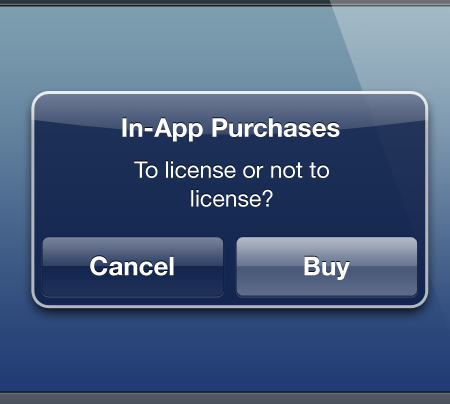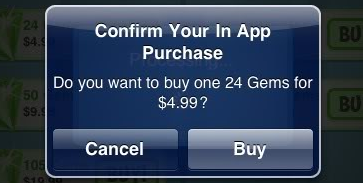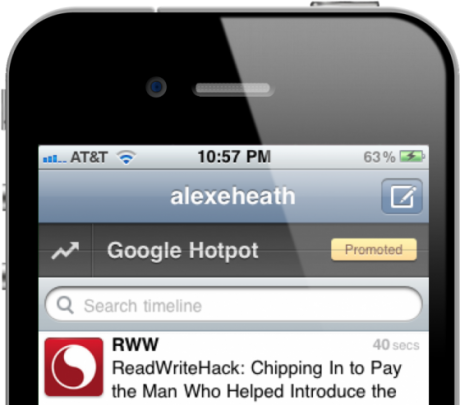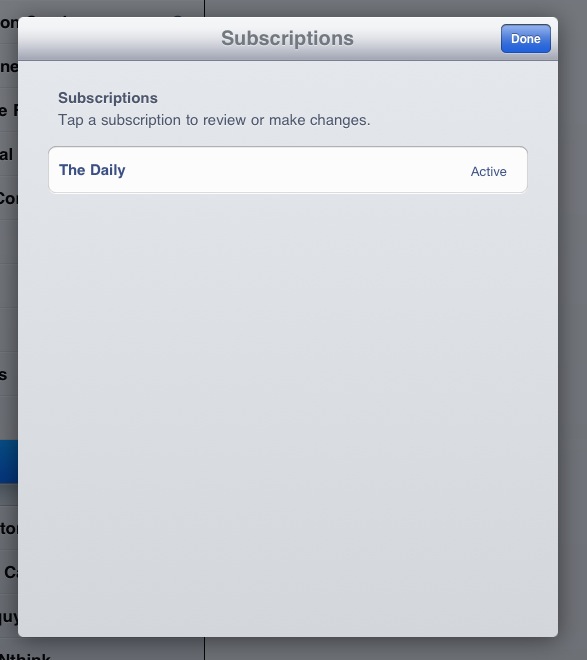Last week Apple started authorizing in-app purchase for free iPhone apps. This move was very well welcome by developers who see in this a better way to fight app piracy. I personally don't think in-app purchase will change much to app piracy, but I might be wrong.
I am sure of one thing though: you, the buyer will ultimately be the big loser in this game. Let's take the example of an iPhone game. Before in-app purchase, you would buy the game for let's say $2.99. You own the game and the 40 levels it includes. If there are new updates to the game (ie. new levels), you get them for free. It's all good.
Now with in-app purchase, most developers will give you the same game for free, except it only has 2 levels. If you want 10 more levels, it will cost you $0.99. Another 10 more levels is another $0.99. Another 10 more levels is another $0.99, etc...
So instead of paying $2.99 for the full game, you now have to pay $0.99 at a time to get the upgrades or newer levels. In the end, the full game will end up costing you more than you would have paid if you had purchased the game in one shot.
I understand not all developers will go that way but I'm pretty sure a lot of them will.
What do you think about in-app purchase? Do you think that ultimately, the buyer will benefit from this? I look forward to hearing your thoughts...




